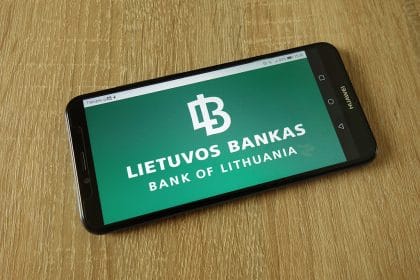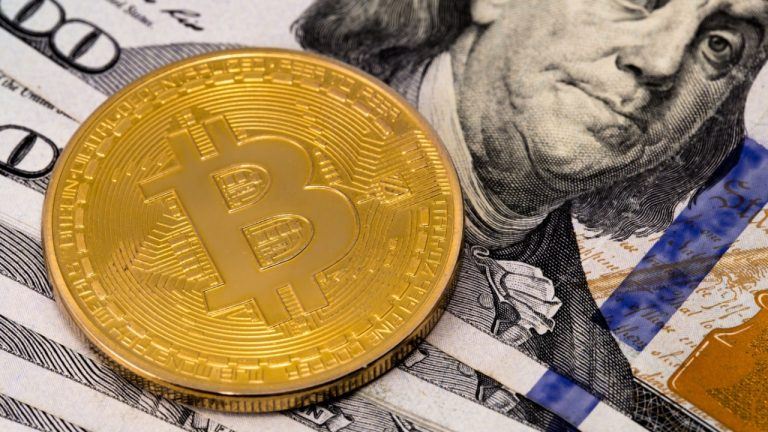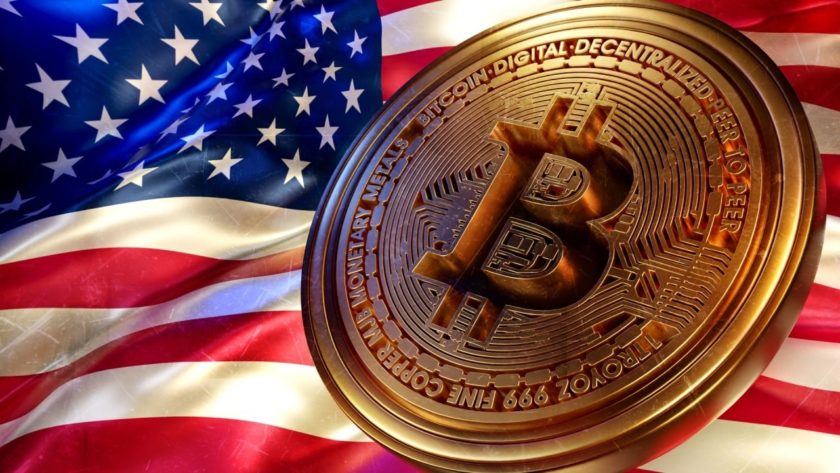Each LBCOIN issued by the Lithuanian Central Bank features one of the signatories of the Act of Independence.
The LBCOIN digital collector coin has been launched by the Lithuanian Central Bank. It was issued in honor of Lithuania’s independence Act of 1918 and its 20 signatories.
Powered by the NEM blockchain, the LBCOIN has six digital tokens for a single physical collector coin. With 4,000 physical coins issued, there are about 24,000 tokens available for collection.
Here is how it works. When someone buys a physical coin for €99, he or she gets one physical coin and six randomly chosen LBCOIN.
After that, they can either exchange the LBCOIN for physical coins or keep it in the LBCOIN e-shop. They can also send the LBCOIN as gifts or swap them. Transferring the tokens to the NEM blockchain using the NEM wallet is also possible.
There is also a temporary initial purchase limit of 1 coin per person for six days.
The physical collector coins bear a €19.18 face value. They are of the same size as the average credit card. The Lithuanian Act of independence and its signatories are also depicted. The coin depicts the Lithuanian Flag and the national anthem. It is in Binary code. On the reverse side, the Vytis (coat of arms) bordered by a QR code. The QR code links to the LBCOIN e-shop. The physical coin weighs 36.36 kg.
Vitas Vasiliauskas, Chairman of the Board of the Bank of Lithuanian, commented:
“The digital coin is a striking illustration of what we have achieved in just a few years following our strategic decision to take a firm path towards financial and payment innovation.”
He continued:
“It serves as a bridge that brings together classical numismatics and rapidly evolving financial technologies. I have no doubt that LBCOIN will strengthen Lithuania’s role as the regional fintech hub.”
It represents one unique use-case scenario that blockchain technology enthusiasts will exploit: the commemoration of events.
LBCOIN from the Lithuanian Bank Holds Strong Symbolism
The symbolism of the issuance of the LBCOIN is unique. Each of the six digital tokens represents one of the six groups of signatories represented. They include presidents, priests, diplomats, academics, and municipal servants and industrialists. It is one use case scenario where the unique nature of each token is required.
Tether Foundation had earlier indicated that it could also issue digital gold tokens within its ecosystem. While that could work, this representation from a central bank is a gamechanger. The interoperability of the tokens between the e-shop and the NEM blockchain proves that Central banks and blockchains can coexist.
If we take the argument one step further, Lithuania could have its first Central Bank Digital Currency. It also means that Europe will catch on in the CBDC race. The U.S. is still finding its feet as far as the issue is concerned.
Christopher Haruna Hamman is a Freelance content developer, Crypto-Enthusiast and tech-savvy individual. He is also a Superstar Content Developer, Strategy Demigod, and Standup Guy.




